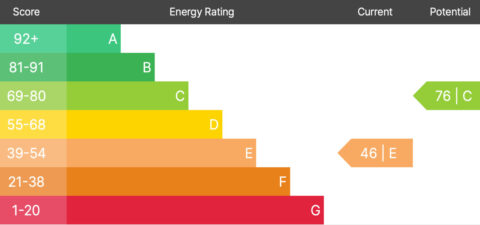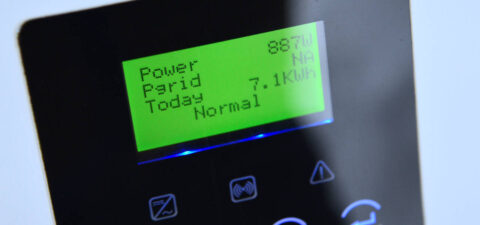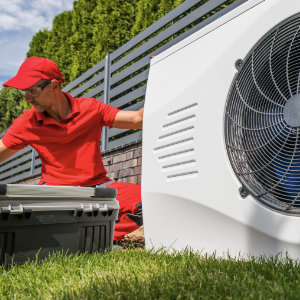Like most drivers, the majority of my car journeys are relatively short — meetings, deliveries, trips to the shops, ferrying children around, going to friends and family. An electric vehicle (EV) is brilliant for these journeys, particularly as we’ve off-road parking and charging at home.
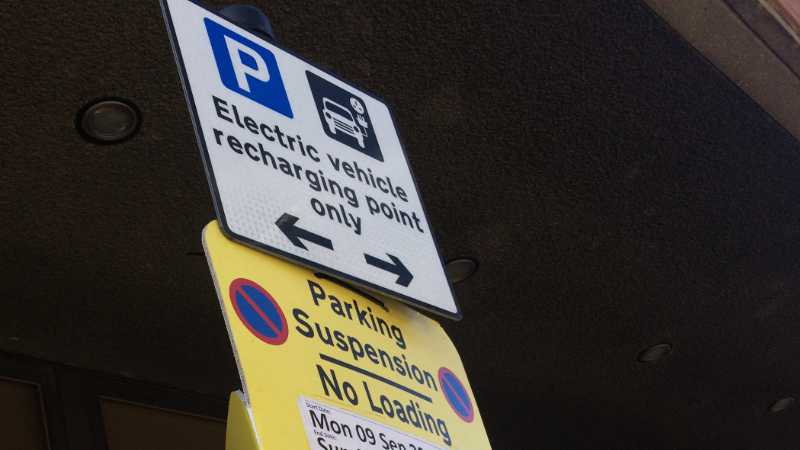
Over the past six years, electric vehicle ownership for myself has been good for my wallet and the planet (hopefully!). Even long excursions were possible with planning, a handful of charging network membership cards, and a phone full of EV charging apps!
Electric vehicles, victims of their success
Now, electric cars are becoming mainstream must-haves for company tax-efficient motoring — or those looking to reduce their carbon footprint. The economic argument evolves even more with fuel prices going through the roof. Those who have no interest in NetZero or carbon reduction are looking at going electric, and why not? They are excellent to drive and cheap to run if you’re charging from home on off-peak electricity. Just think of all that money you’ll save to spend on short-haul flights and patio heaters!
Range anxiety, no, it’s charger rage!
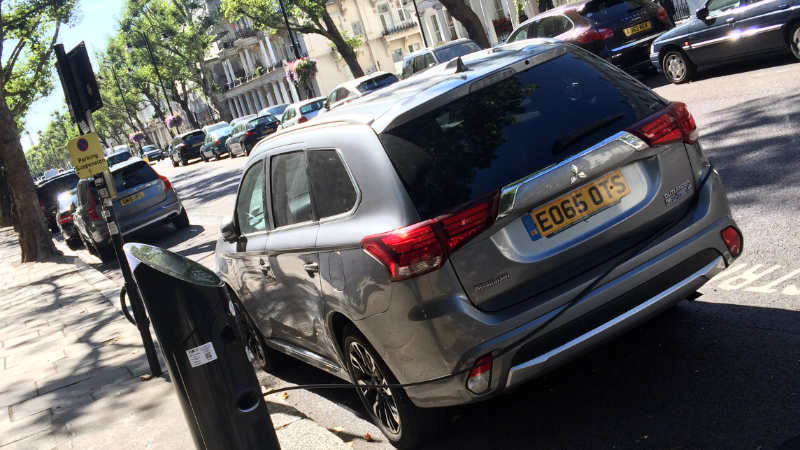
Range anxiety is no longer the primary concern; now it’s finding a charger that hasn’t got a plug-in hybrid in it! Why do drivers who have a perfectly working internal combustion engine still feel the need to plug in their vehicle? Then there’s the; I’m nearly fully charged, but they still feel the need to top up their EVs and leave it charging for hours whilst shopping! Finally, what happens when you’re on a long journey in a pure electric car… should you hang around to see if the driver turns up? Especially when you’ve got ten miles left in the battery. Do you risk driving five miles up the road to see if there’s a charger free? Can you trust what the EV charger app map is telling you? If you get there, will there be a row of SUVs, which all look the size of buses — I thought lighter and aerodynamic vehicles were more efficient, stacking up for the next charging slot.
And this is when you’ve rerouted because the motorway services charging network is inadequate. Is this because the electricity infrastructure is in the wrong place? Or that the monopoly players are holding on to their assets?
Long journeys turn into nightmares very quickly
The upshot, a journey that should take three or four hours, takes seven or eight! Sorry, I’m late for the meeting. Could we reschedule for tomorrow morning whilst I find a free charging space?
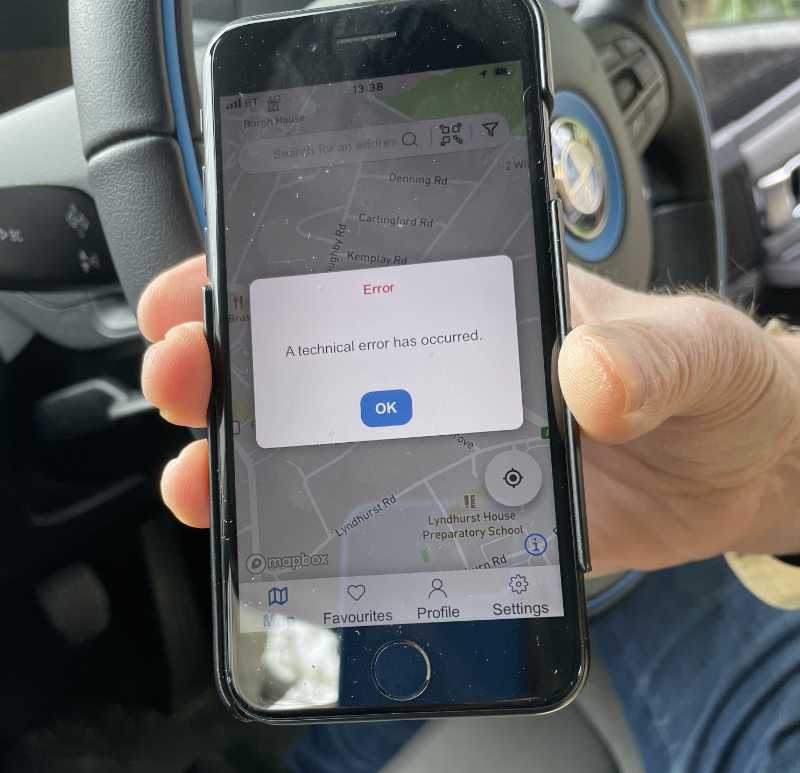
Even a trip to the Capital, which appears to have chargers everywhere, turned into misery. It took over two and half hours to find (A) a charger that worked or (B) one that let non-residents use it. Even spotting the charge points isn’t easy; why not have standard signage highlighting their whereabouts? It’s incredibly stressful when you have a deadline and goods to deliver.
Electric cars make fantastic runarounds
The reality of EV ownership is very mixed; yes, they make competent second cars for dashing around, especially if you’ve off-street charging. On the other hand, lengthier journeys are achievable if you can afford an EV with a tonne of batteries. It seems counterintuitive; why lug a mass of weight everywhere for that infrequent longer trip — how can that be efficient?
Ten times more en route, rapid chargers are required to support long-distance journeys
An independent report from the Electric Vehicle Energy Taskforce has forecasted a whopping 500,000 public charge points need to be deployed by 2035. (Currently, we have 30,000 in 2022). To give drivers the faith to buy electric vehicles and the means to charge them. Half of these (250,000) will support drivers in homes without off-street parking. However, will it be feasible to let the market sort out the charging infrastructure? What’s the commercial incentive to install street chargers that only deliver 3 or 7kWh per hour if income is only 50p per unit of electricity. That’s £1.75 to £3.50 an hour before you’ve even paid for the wholesale electricity. Not to mention installation expenses, upkeep and real estate expenditures.
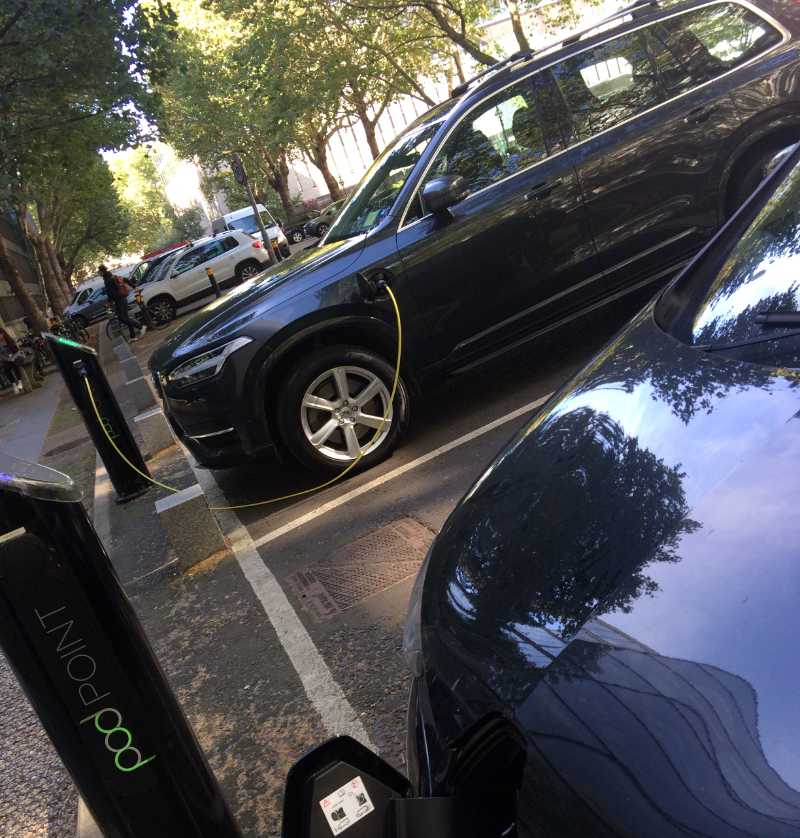
Electric car driving cost advantages will diminish over time
The price advantage of EV driving will take a hit, too, with the report highlighting that household charging prices will be 25% higher without smart charging — and that’s before road pricing kicks in. In addition, the cost of en-route charging is escalating at the moment, with some networks charging £0.71 per/kWh, compared to the energy price cap of £0.28p per/kWh, or home smart off-peak charging tariffs at just 8p per/kWh
The EV charging network is improving rapidly, though nowhere near quick enough to keep up with demand. Hence, I’m looking for an alternative for those longer drives until the charging grid improves.
What should policymakers do to make travel greener?
It’s a chicken and egg situation — if you encourage electric car ownership and wait for the infrastructure, you’ll risk frustrating drivers who’ll turn back to conventional combustion engines. But conversely, it will be a lengthy wait for the infrastructure as the grid can’t currently cope with the growing demand for electric charging. So, put more resources into public transport, cycling-friendly options and encourage car sharing, particularly in urban areas. Learn lessons from the pandemic — encourage flexible working and fewer car journeys as the greenest option. And don’t hoodwink the public that simply buying an electric car will be easy!




























